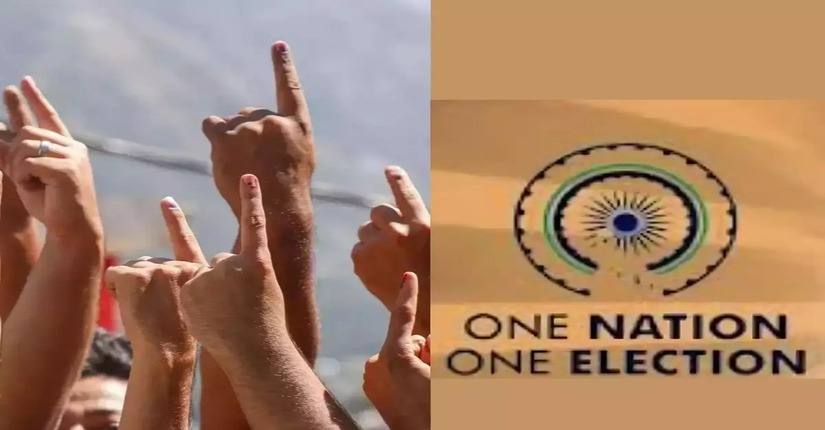One Nation, One Election Bill: Transforming India’s Electoral Process
The Indian government’s proposal to introduce the “One Nation, One Election” bill in the Lok Sabha has sparked intense debate among politicians, citizens, and experts. This blog delves into the concept, its benefits, concerns, and the potential impact on India’s electoral landscape.
What is One Nation, One Election?
The “One Nation, One Election” proposal seeks to synchronize election cycles across the country, holding simultaneous elections to the Lok Sabha and all state assemblies. This means voters would cast ballots for both tiers of government on the same day, streamlining the electoral process.
Benefits of One Nation, One Election
Proponents argue that this system would:
1. Improve Governance: Reduce the frequency of elections, allowing governments to focus on policy implementation rather than constant campaigning.
2. Cut Costs: Consolidate elections would minimize expenditure on electoral processes.
3. Minimize Disruptions: Reduce the impact of elections on daily life, businesses, and the economy.
4. Streamline Electoral Process: Simplify the voting process, reducing confusion among voters.
5. Increase Voter Turnout: Simultaneous elections could increase voter participation, as voters would have a single opportunity to cast ballots for both national and state governments.
Concerns and Criticisms
Opposition parties and experts have raised concerns that the bill:
1. Undermines Federalism: Could lead to excessive centralization of power, undermining state autonomy.
2. Threatens Democratic Principles: May compromise the independence of state legislatures and the Election Commission.
3. Lacks Legislative Competency: Questions have been raised about Parliament’s authority to enact such legislation.
4. Impact on Regional Parties: Simultaneous elections could disadvantage regional parties, which often rely on local issues and candidates.
The Proposed Bills
The government has introduced two bills:
1. The Constitution (129th Amendment) Bill, 2024: Seeks to amend Article 82A, synchronizing election cycles.
2. The Union Territories Laws (Amendment) Bill, 2024: Proposes consequential amendments to facilitate simultaneous elections.
International Precedents
Several countries have implemented simultaneous elections, including:
1. Germany: Holds federal and state elections simultaneously.
2. Australia: Conducts federal and state elections on the same day.
3. United States: Some states hold simultaneous federal and state elections.
The Road Ahead
The introduction of the “One Nation, One Election” bill marks a significant shift in India’s electoral landscape. While proponents see it as a transformative reform, opponents view it as a threat to democratic principles. As the debate unfolds, it’s essential to weigh the benefits and concerns, ensuring that any changes strengthen India’s democratic fabric.
Conclusion
The “One Nation, One Election” proposal has sparked a vital discussion about India’s electoral process. While it offers potential benefits, it’s crucial to address concerns about federalism, democratic principles, and regional parties. As the government moves forward with the bill, it must engage in a comprehensive dialogue with stakeholders to ensure that the final legislation serves the best interests of the nation.


0 Comment